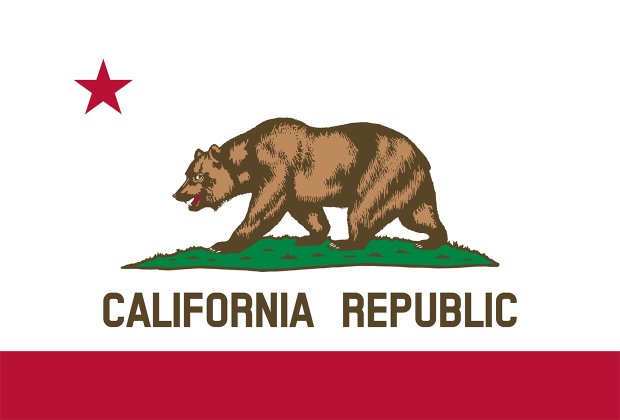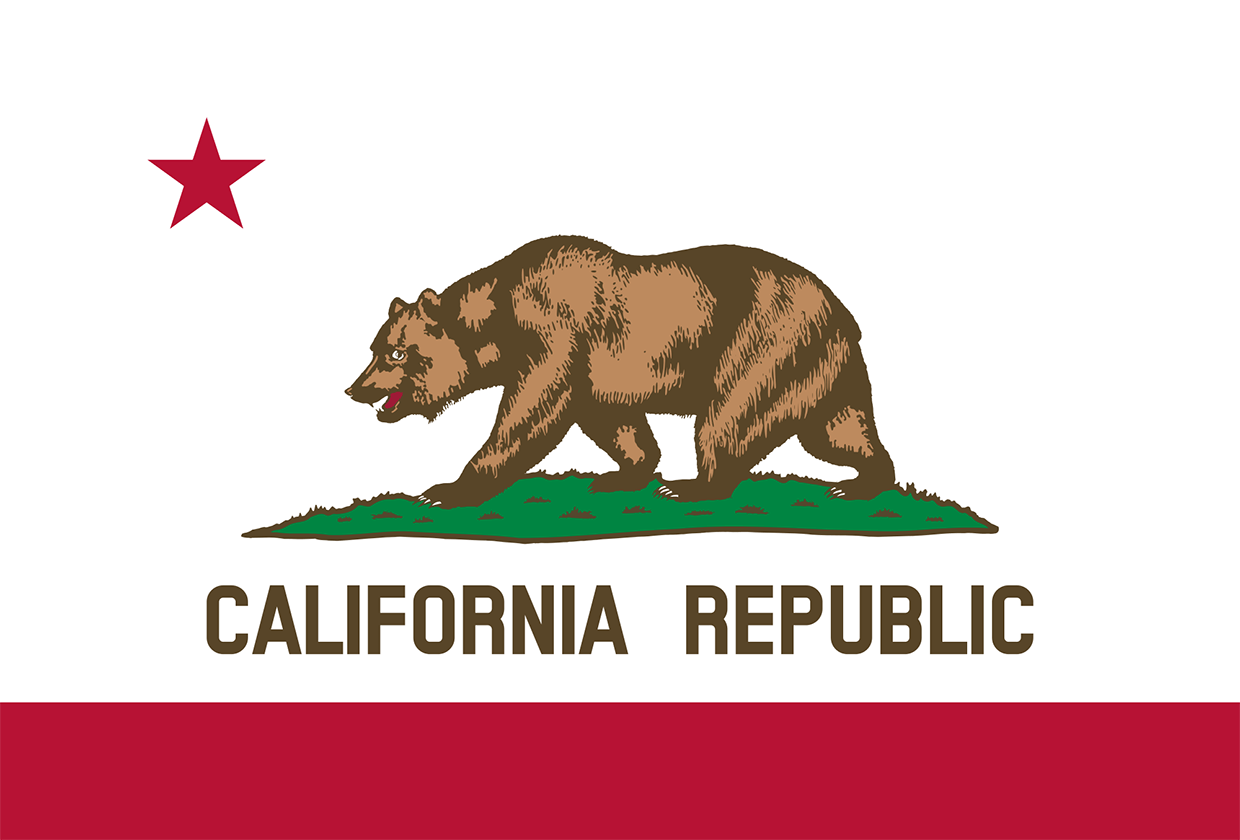California’s flavored tobacco ban will not take effect on Jan. 1, 2021.
When, or if it takes effect remains to be seen. The Superior Court for the County of Sacramento approved an agreement between the parties in its case which will suspend the Jan. 1, 2021 date of enforcement until, at the very least, after the signatures are verified for a ballot measure proposal that seeks to repeal the law.
The law was passed this August and was set to go into effect on Jan. 1, 2021. A campaign was started to create a ballot measure for California’s voters to repeal the law. In order to get on the ballot, those in support of the referendum needed to get 623,212 verified signatures from California voters. The group supporting the repeal said it has over 1 million signatures.
But now those signatures need to be verified at the county level, a process that is underway but might not be completed until Jan. 21, 2021, after the law was set to take effect. Now, the parties have agreed to delay the law until after the signature verification process is completed.
If the verified signature threshold is not met, the law would then take effect once the Secretary of State has verified the process is complete. There are also multiple legal challenges to the law that could produce additional delays.
However, if the signatures are verified the flavor ban would be suspended until at least December 2022. California voters would have a chance to either keep the law or roll it back on Nov. 8, 2022. Those results would need to be certified, meaning even if the law was approved by voters it wouldn’t be enforceable until Dec. 8, 2022. Obviously, if the law was repealed by voters it would not take effect.
While the law bans flavored tobacco in most instances, including for, e-cigarette, there are some exceptions. Both hookah and loose-leaf tobacco—meaning pipe tobacco—were exempt under some conditions. And flavored premium cigars could still be sold, but they needed to have a wholesale price of at least $12, which meant that most flavored premium cigars would either be banned or need to have their prices dramatically increased. To qualify, the cigars need to have a wholesale price of at least $12 and meet other factors like being handmade and having a whole leaf wrapper.


